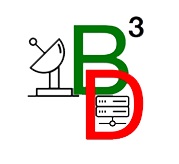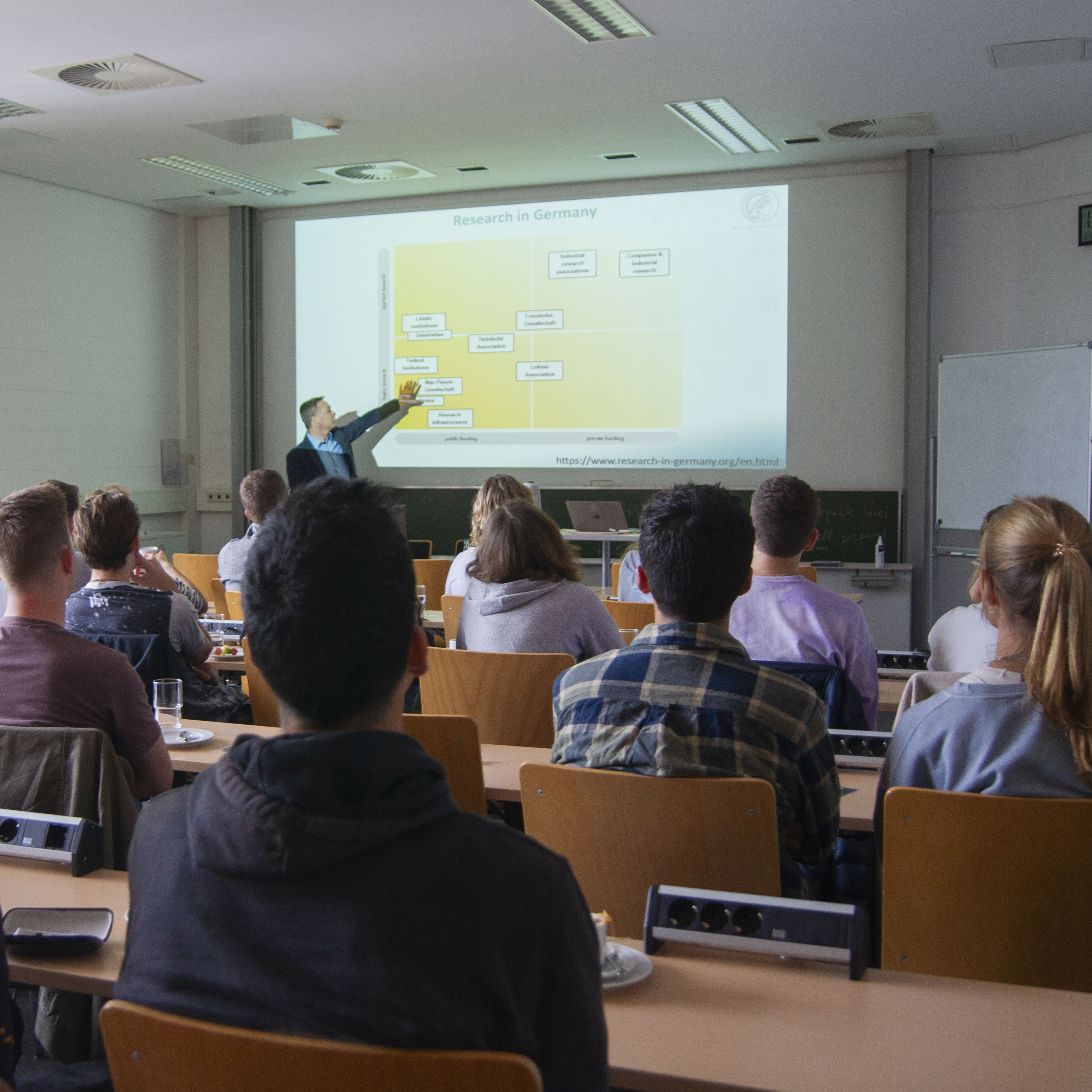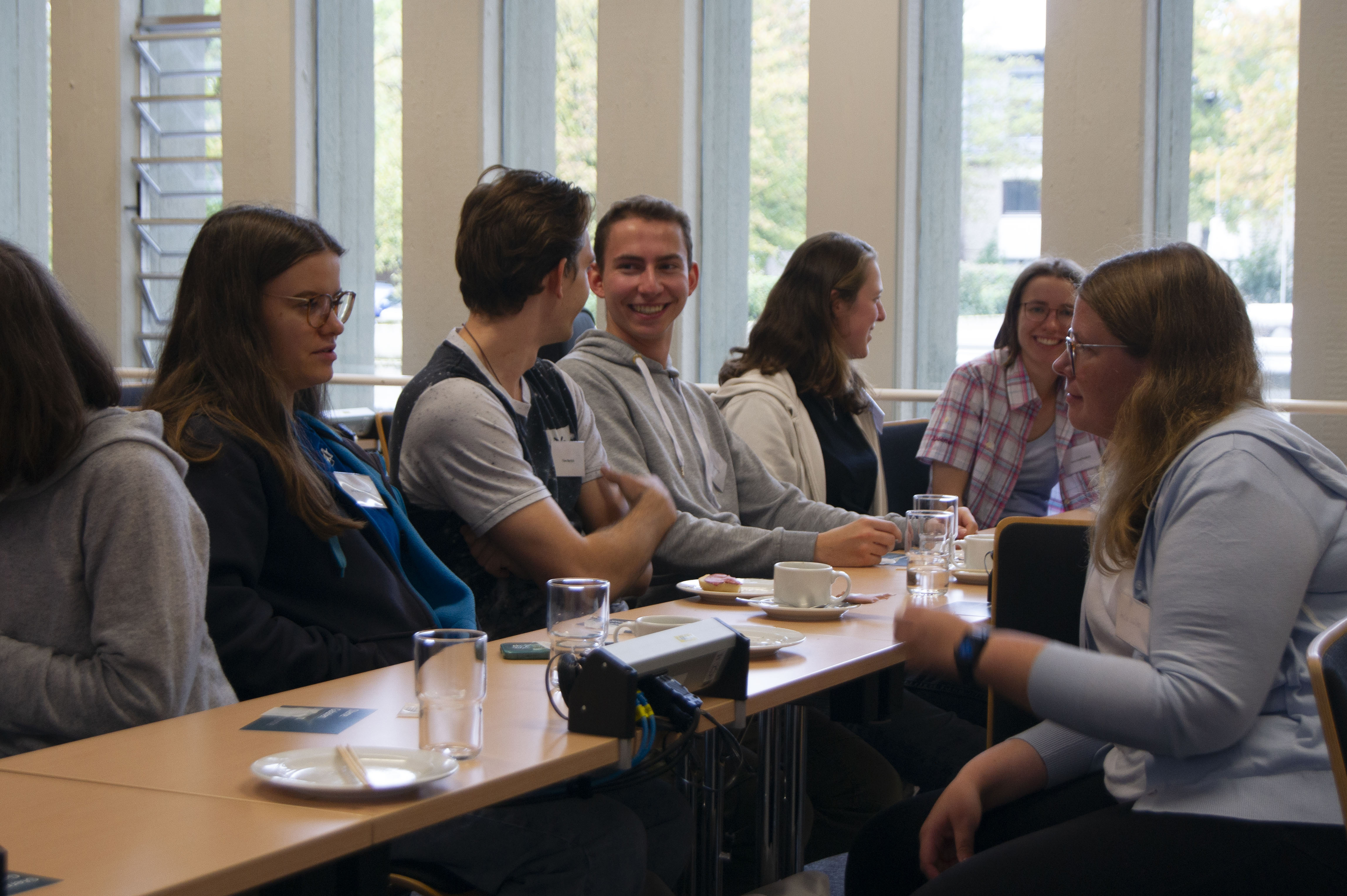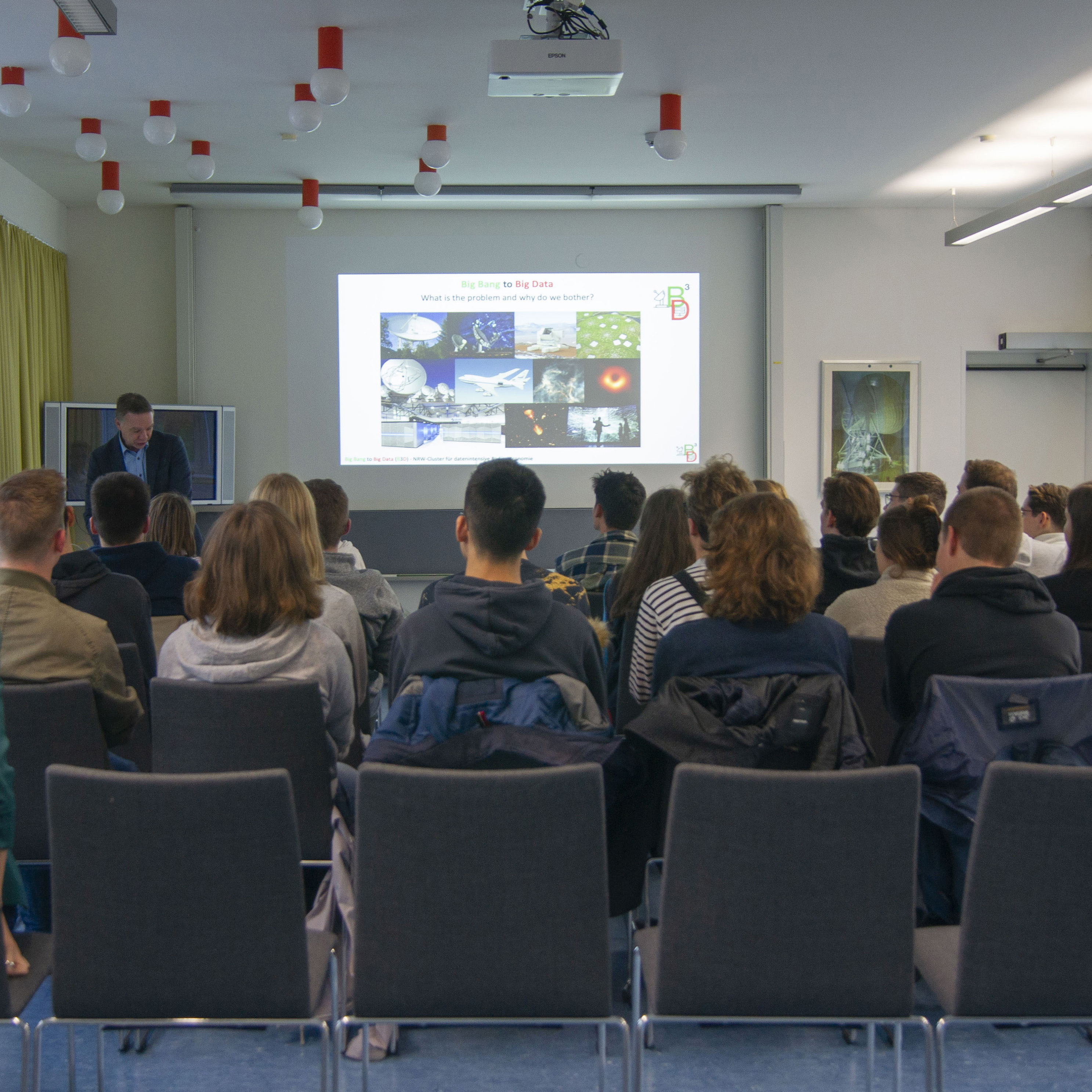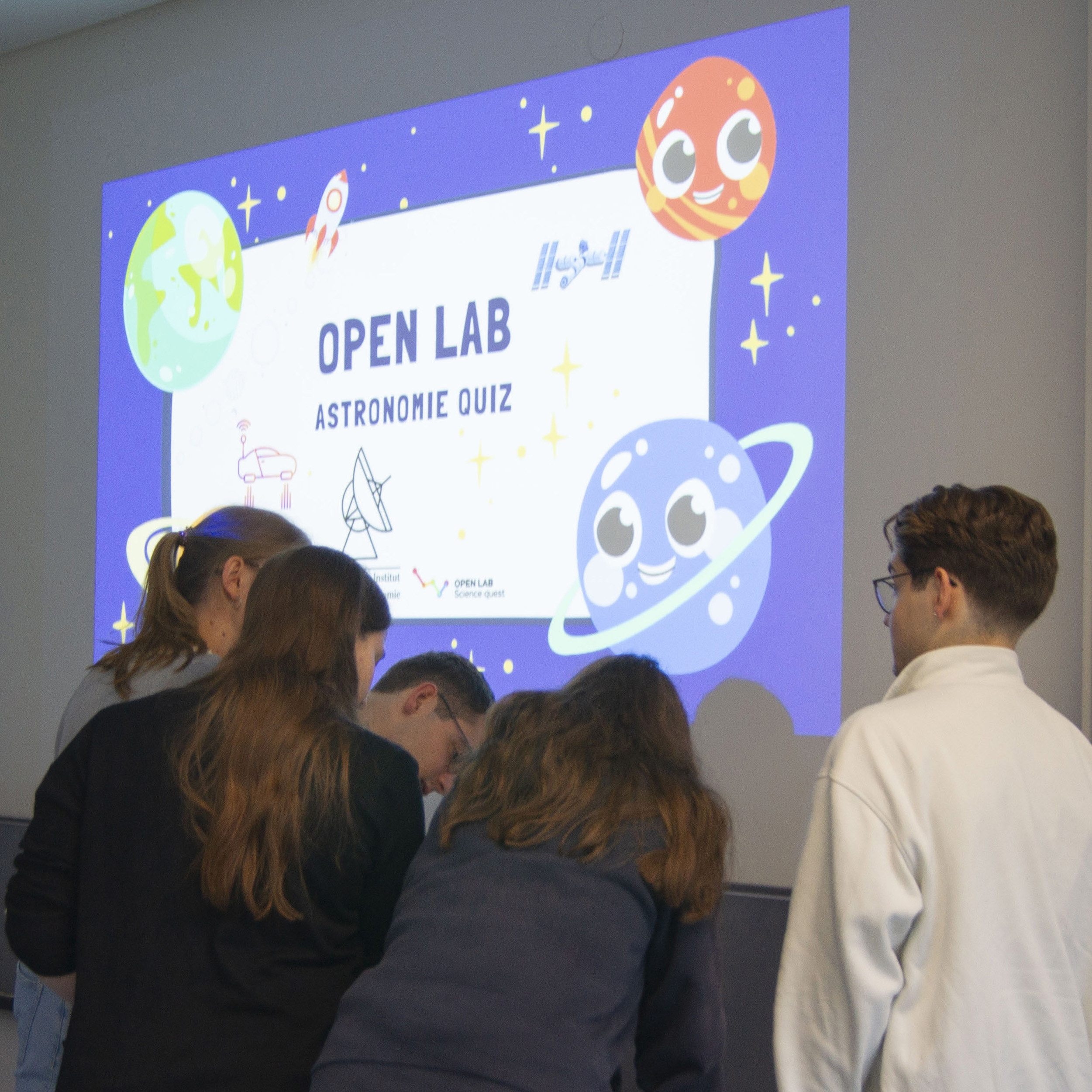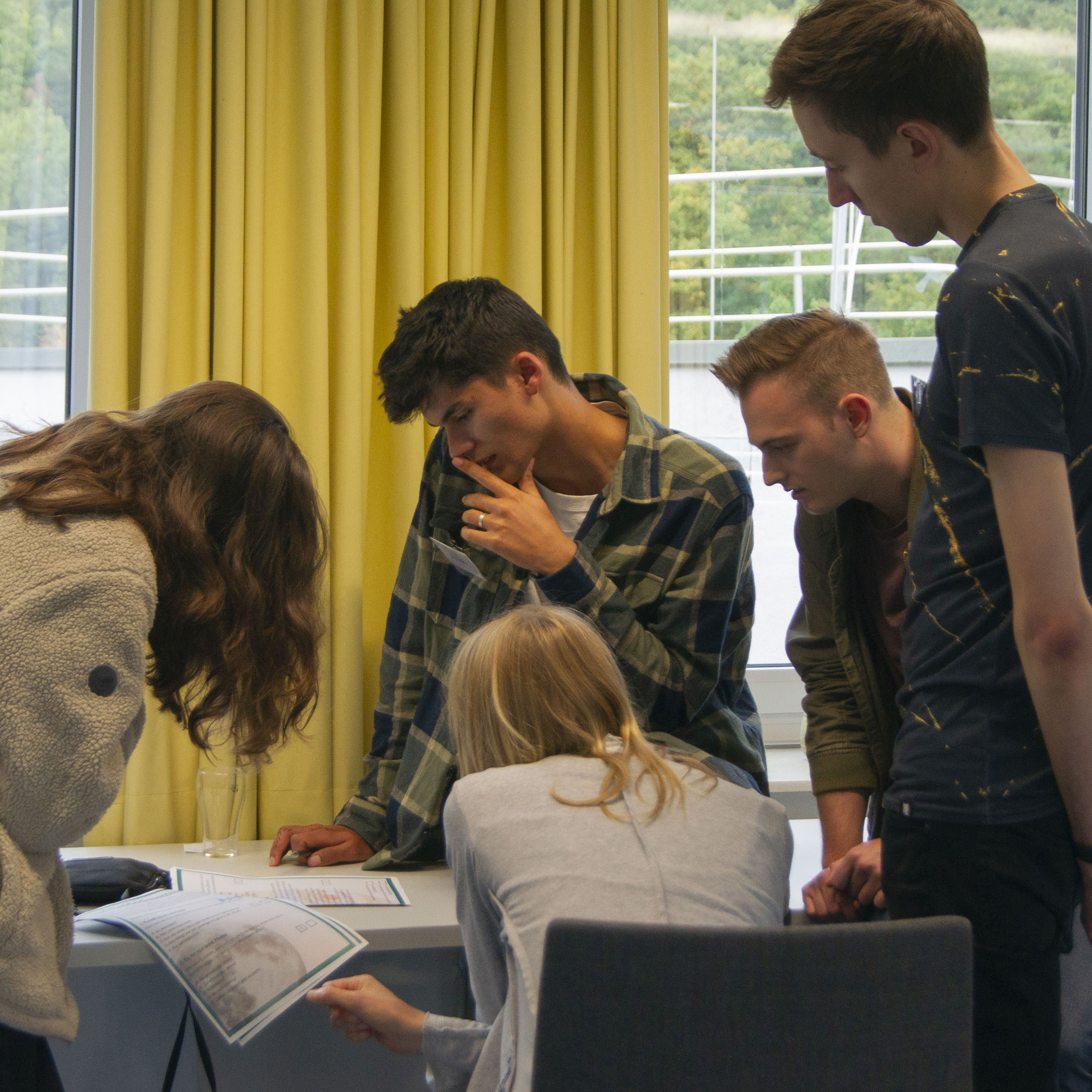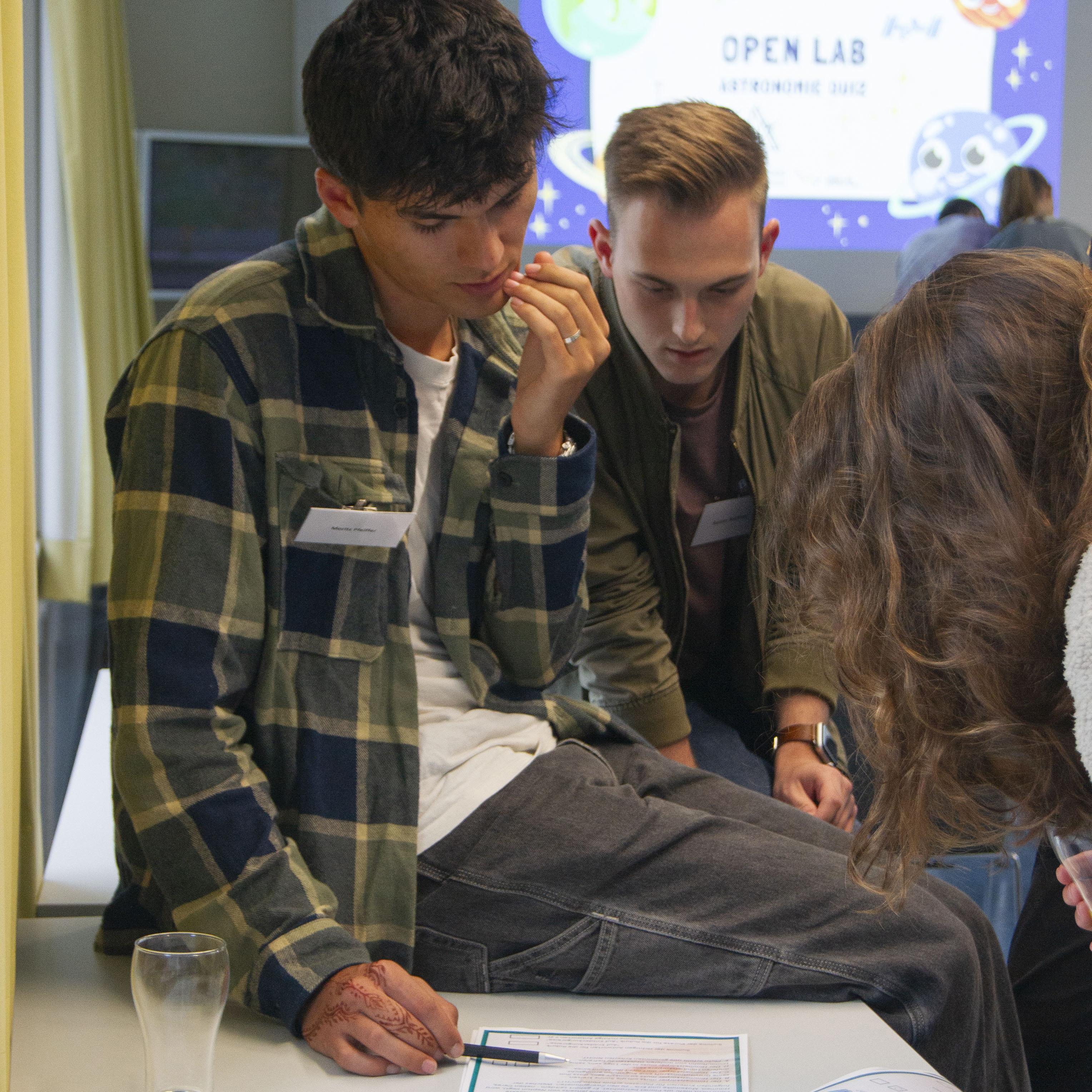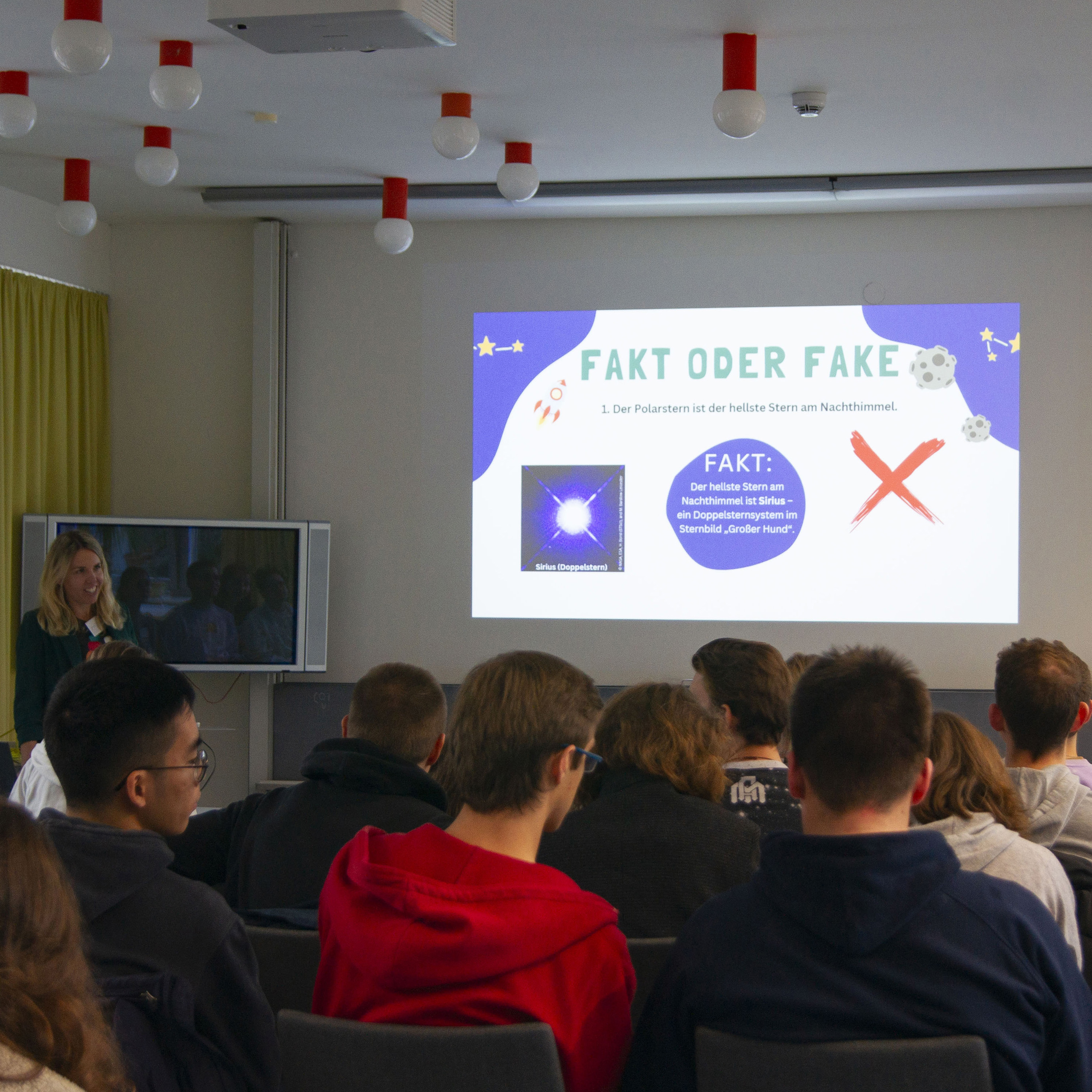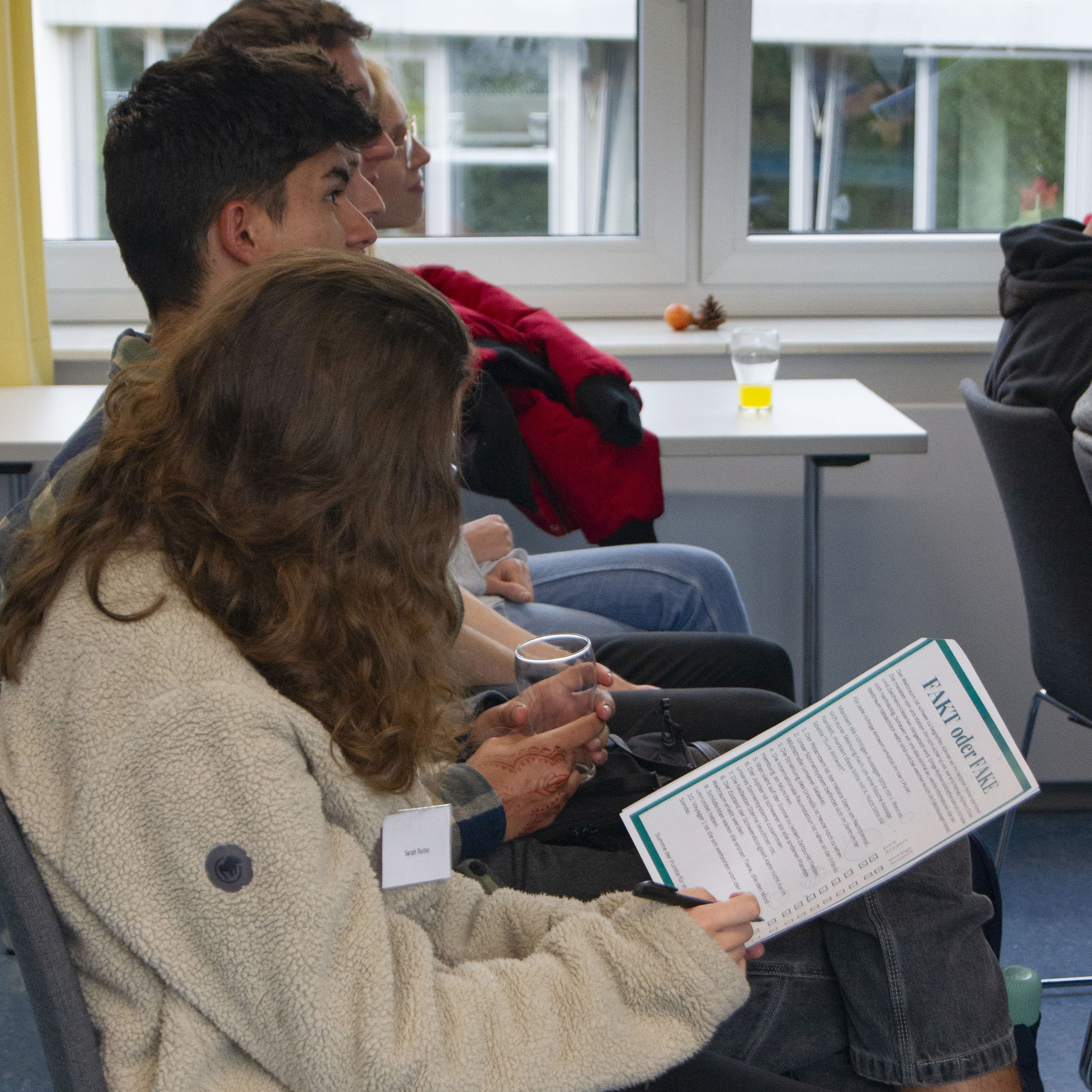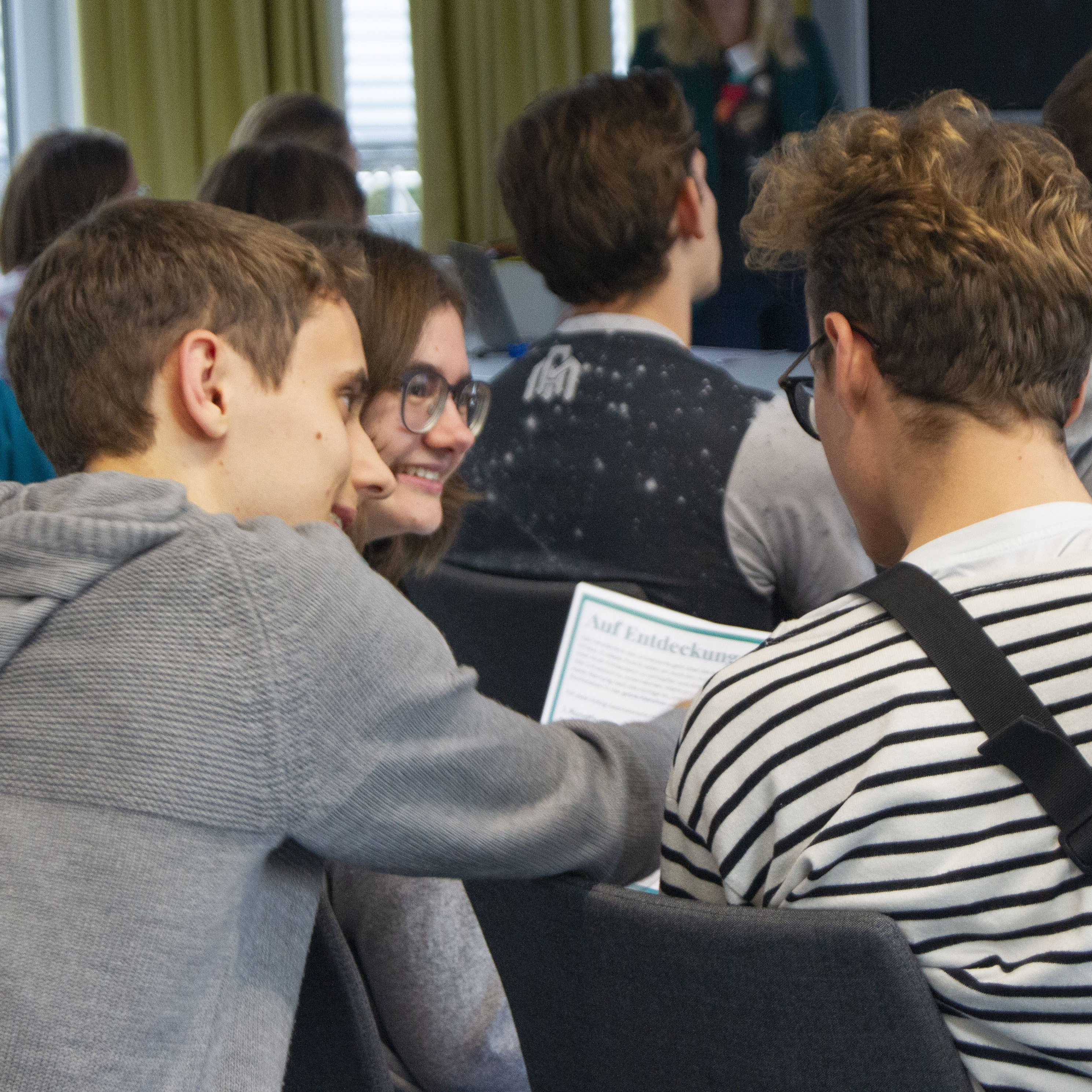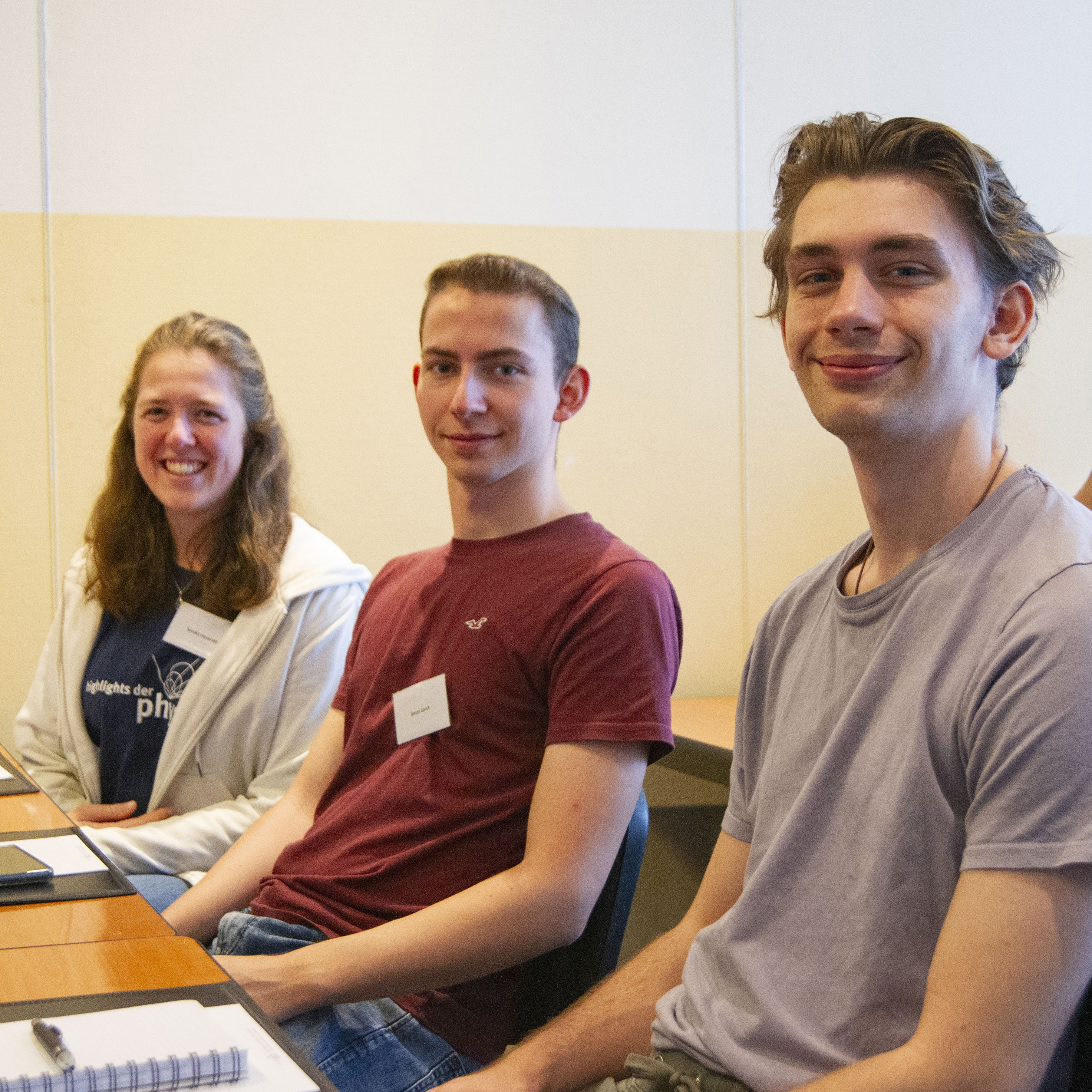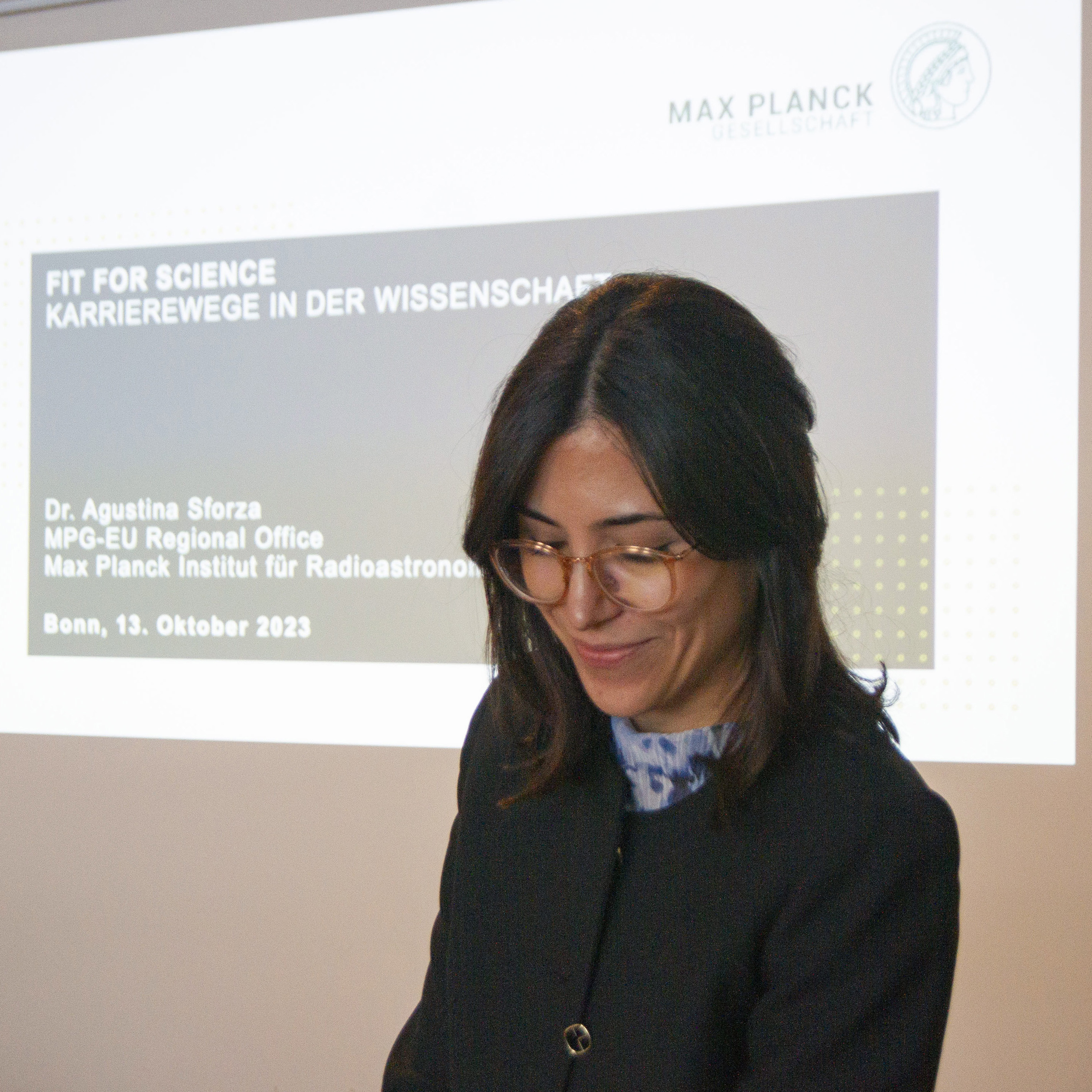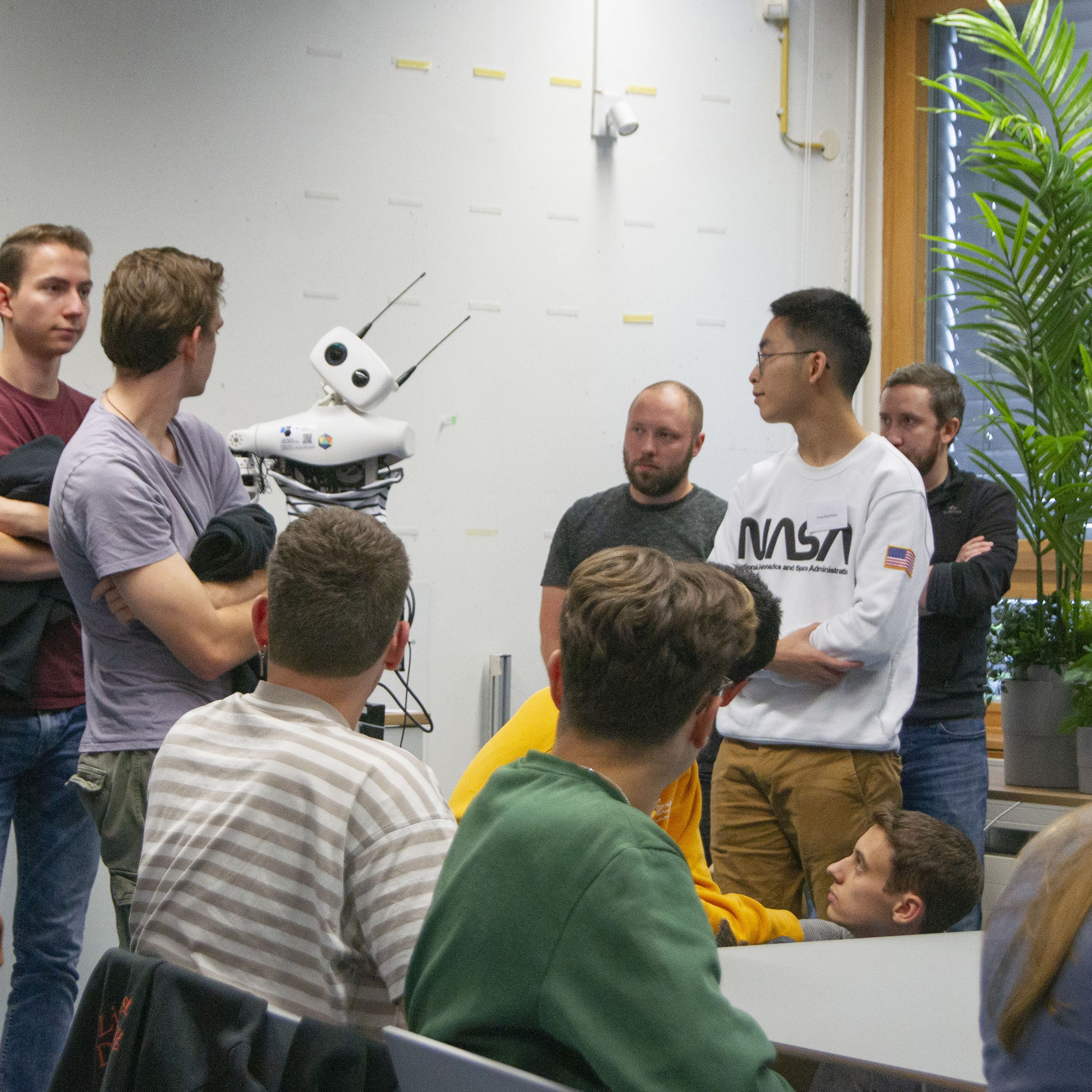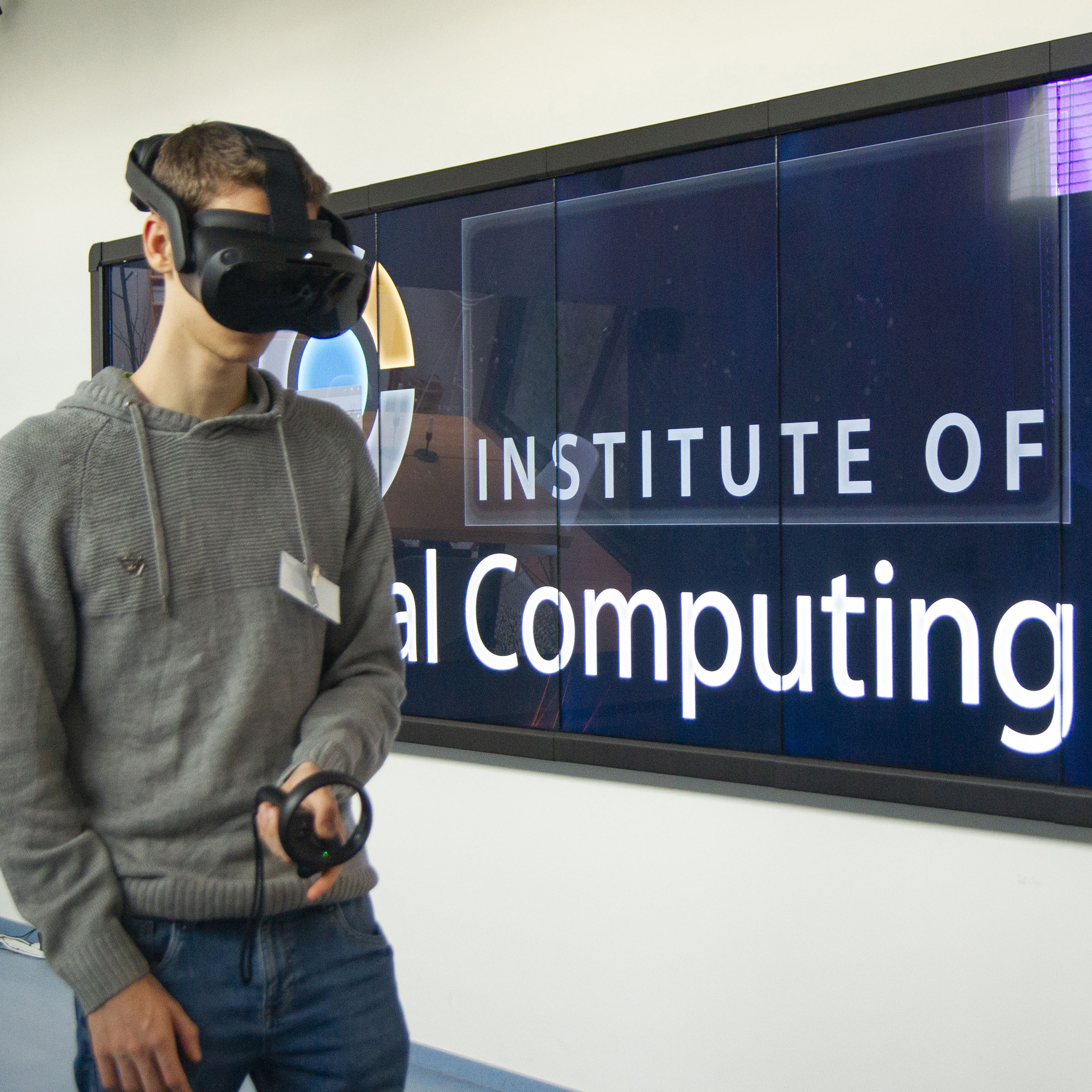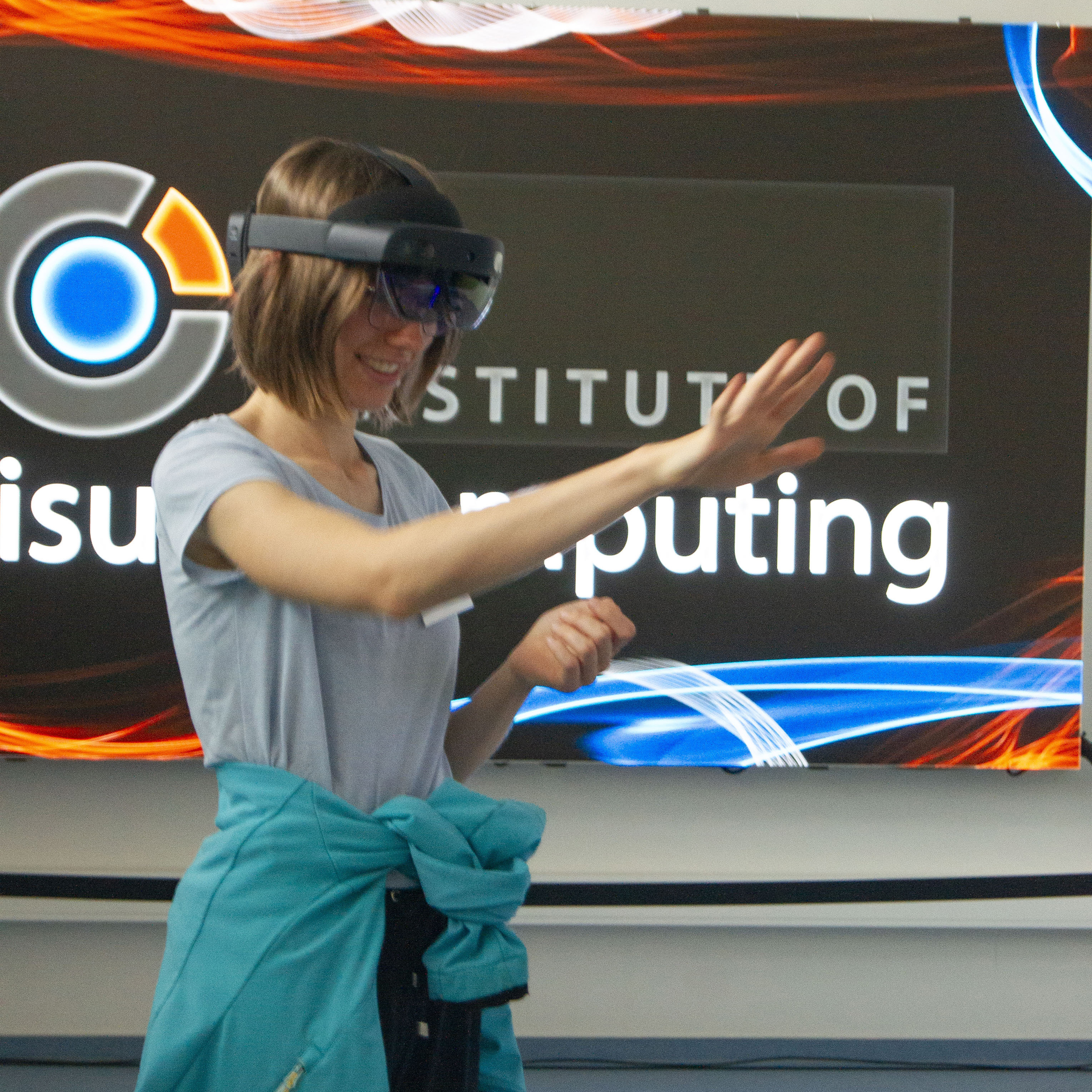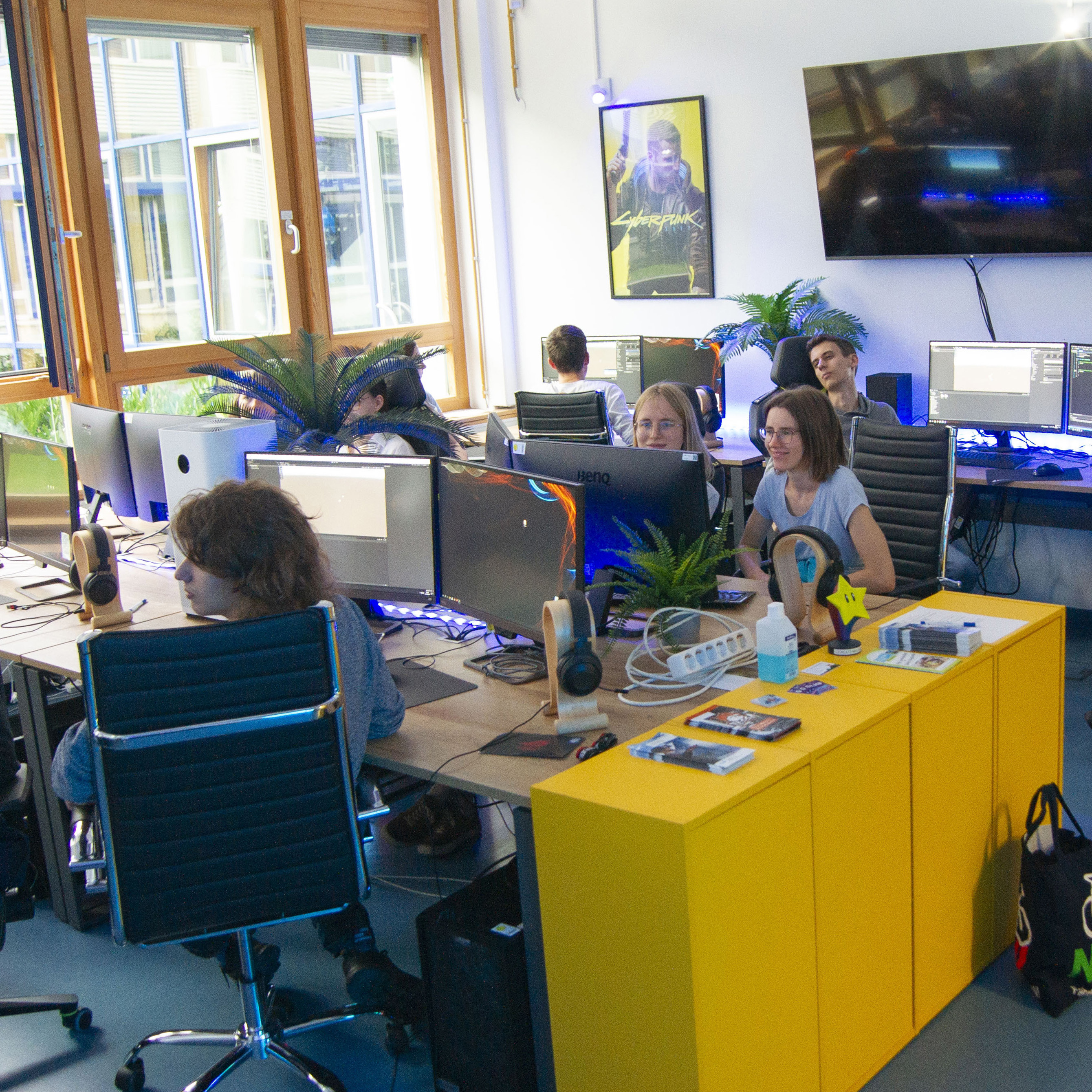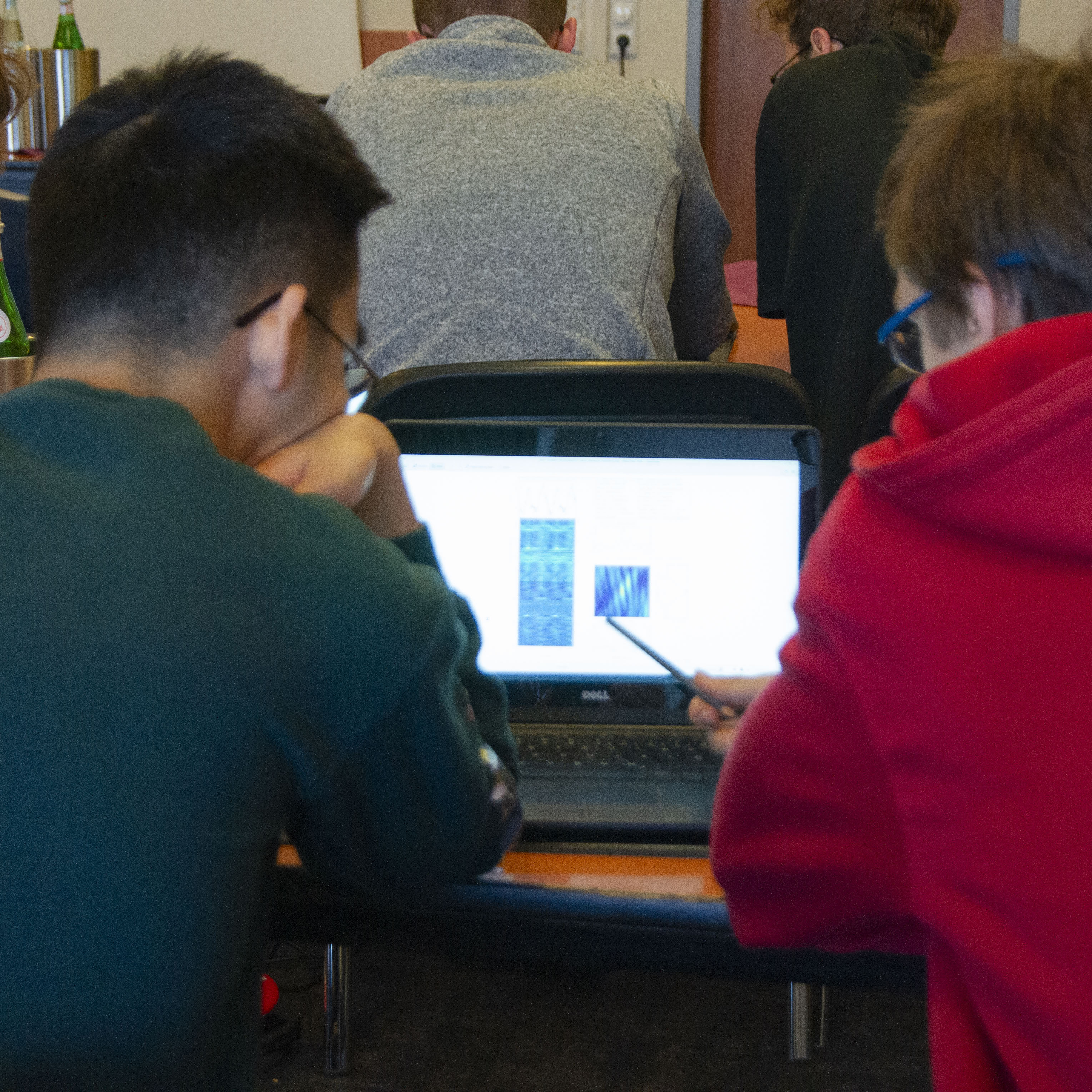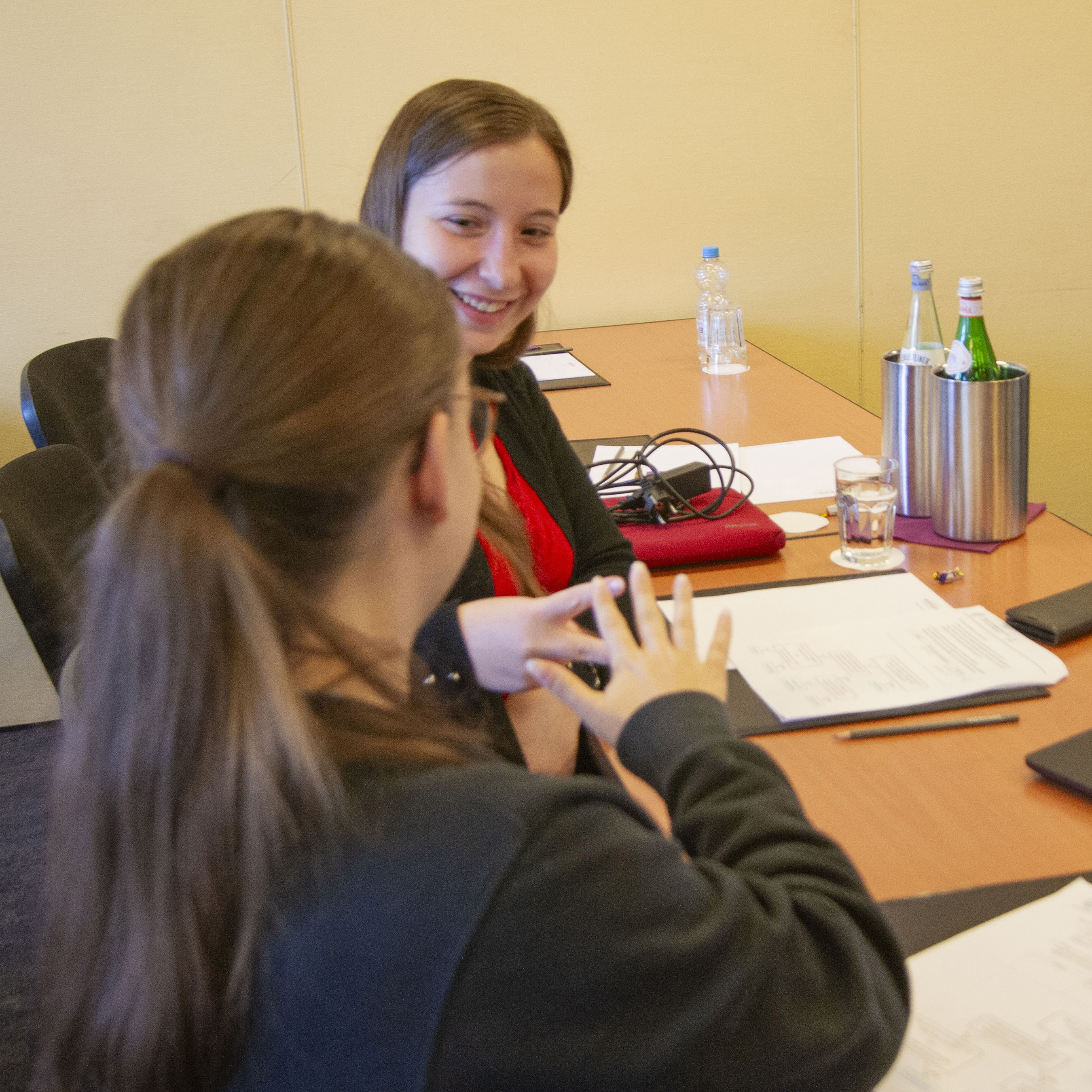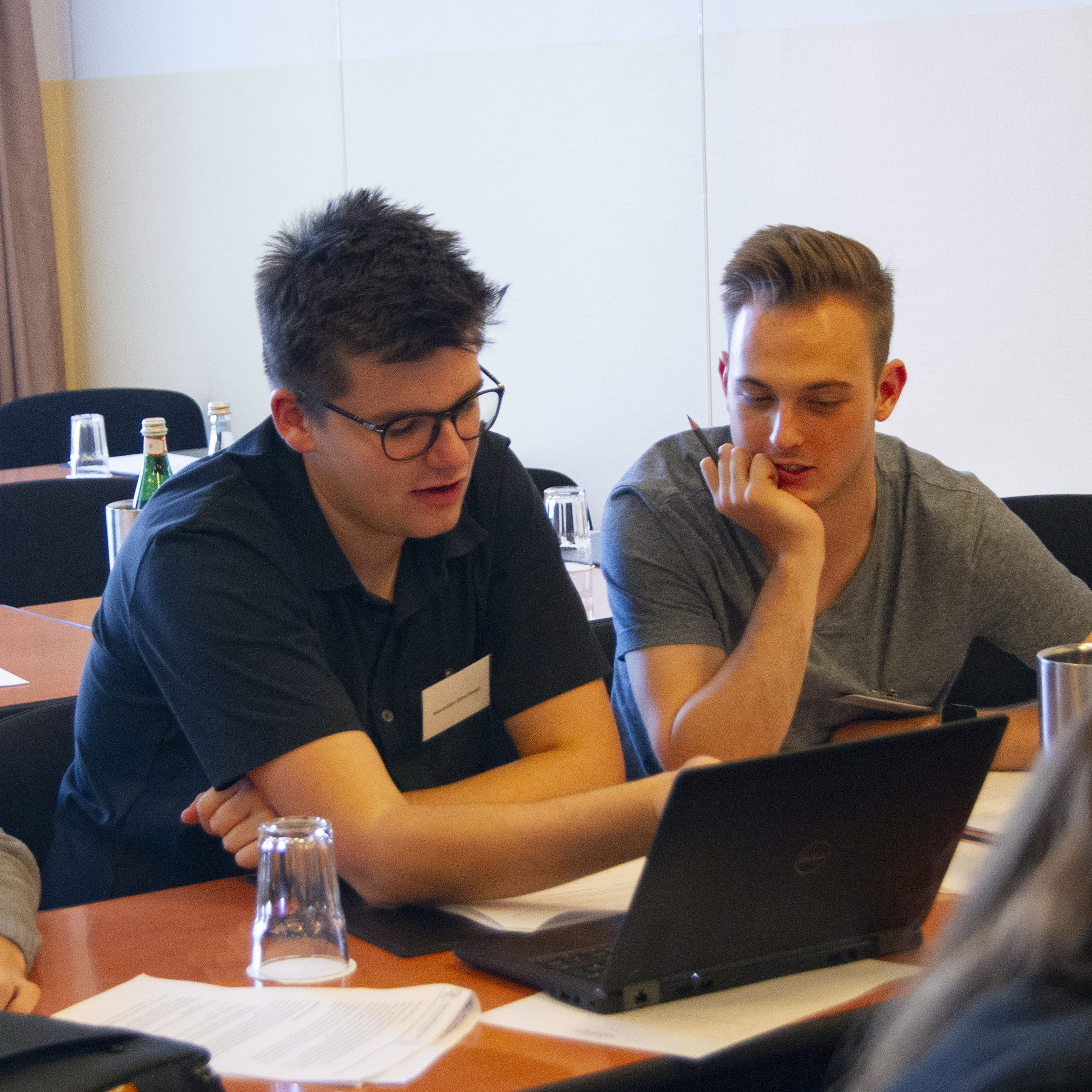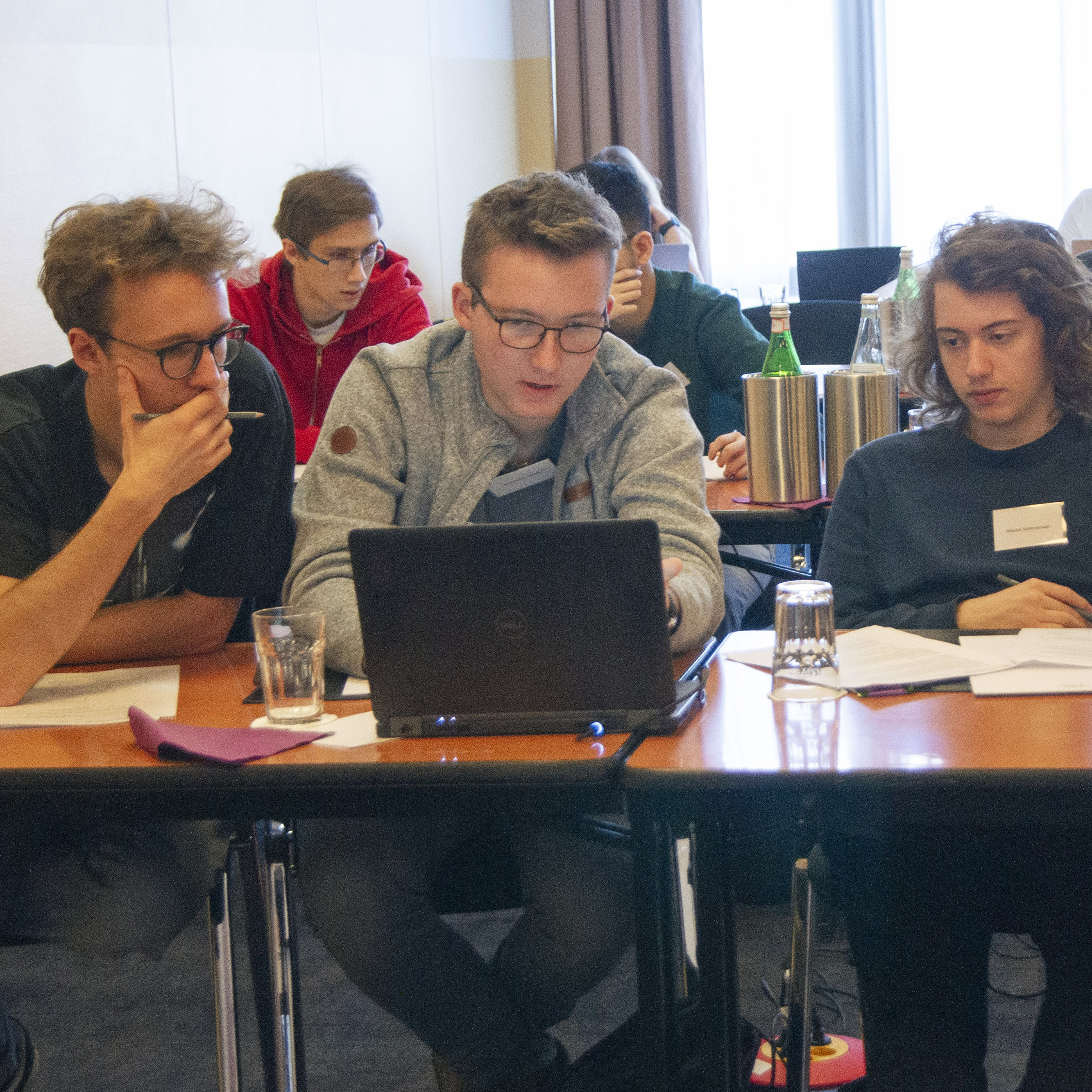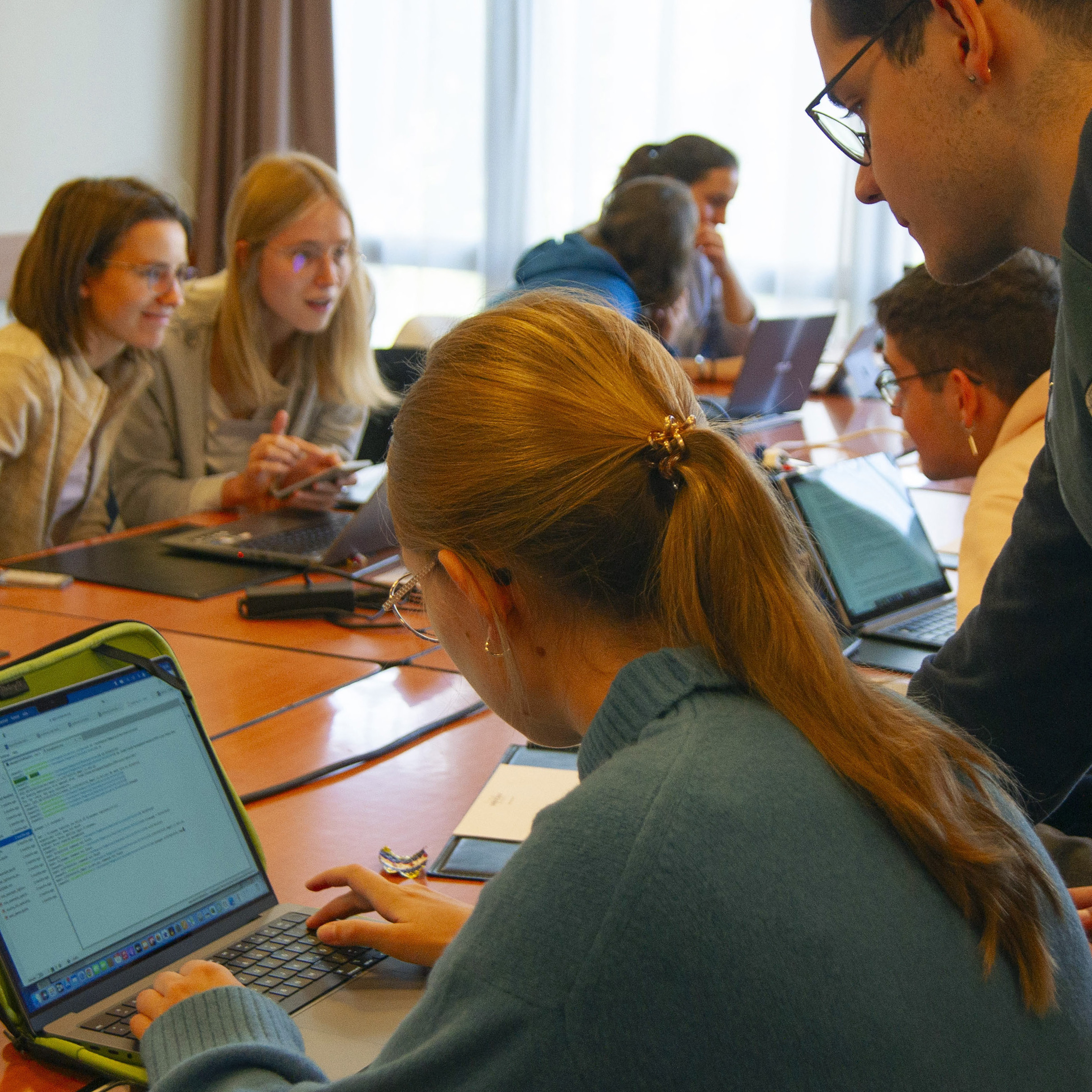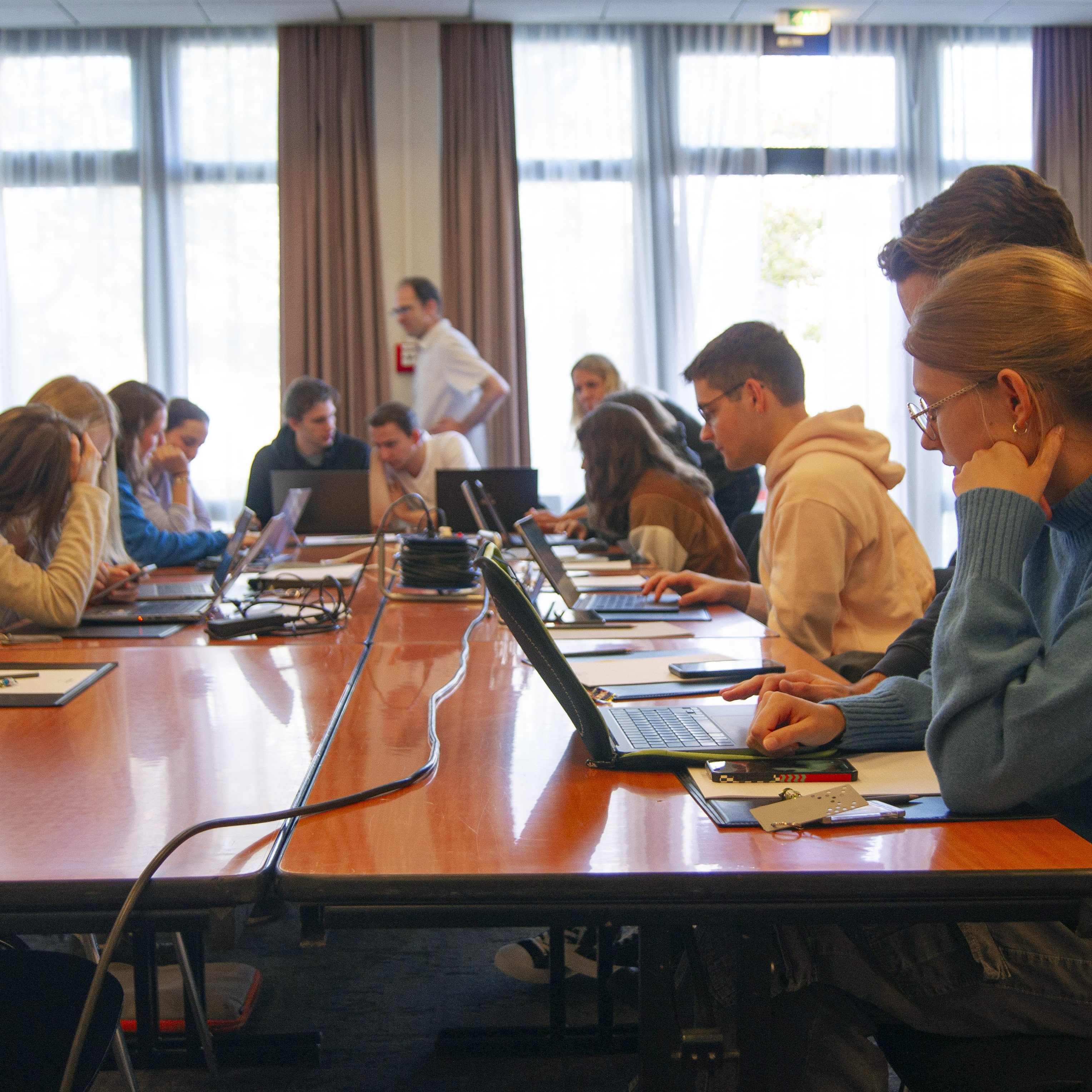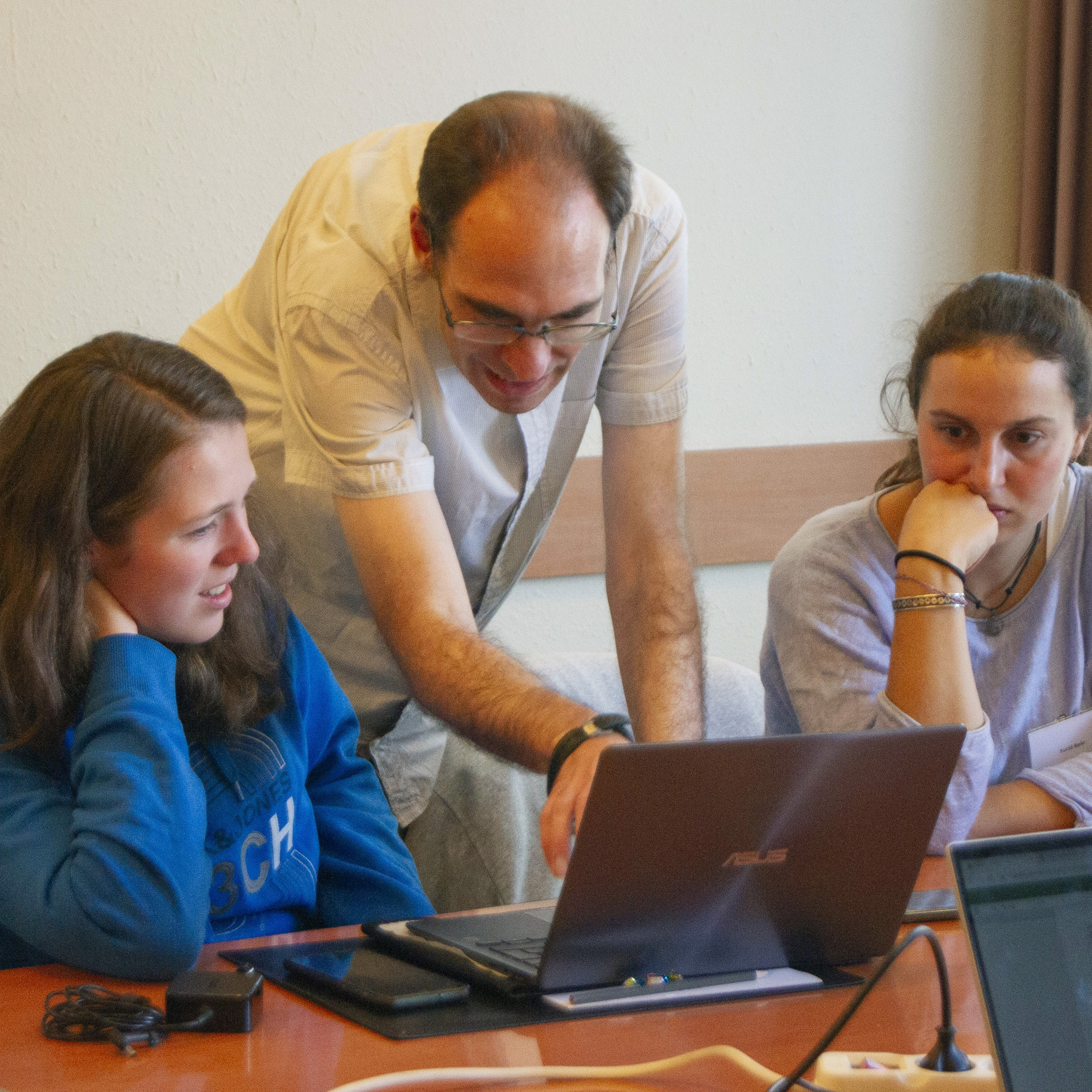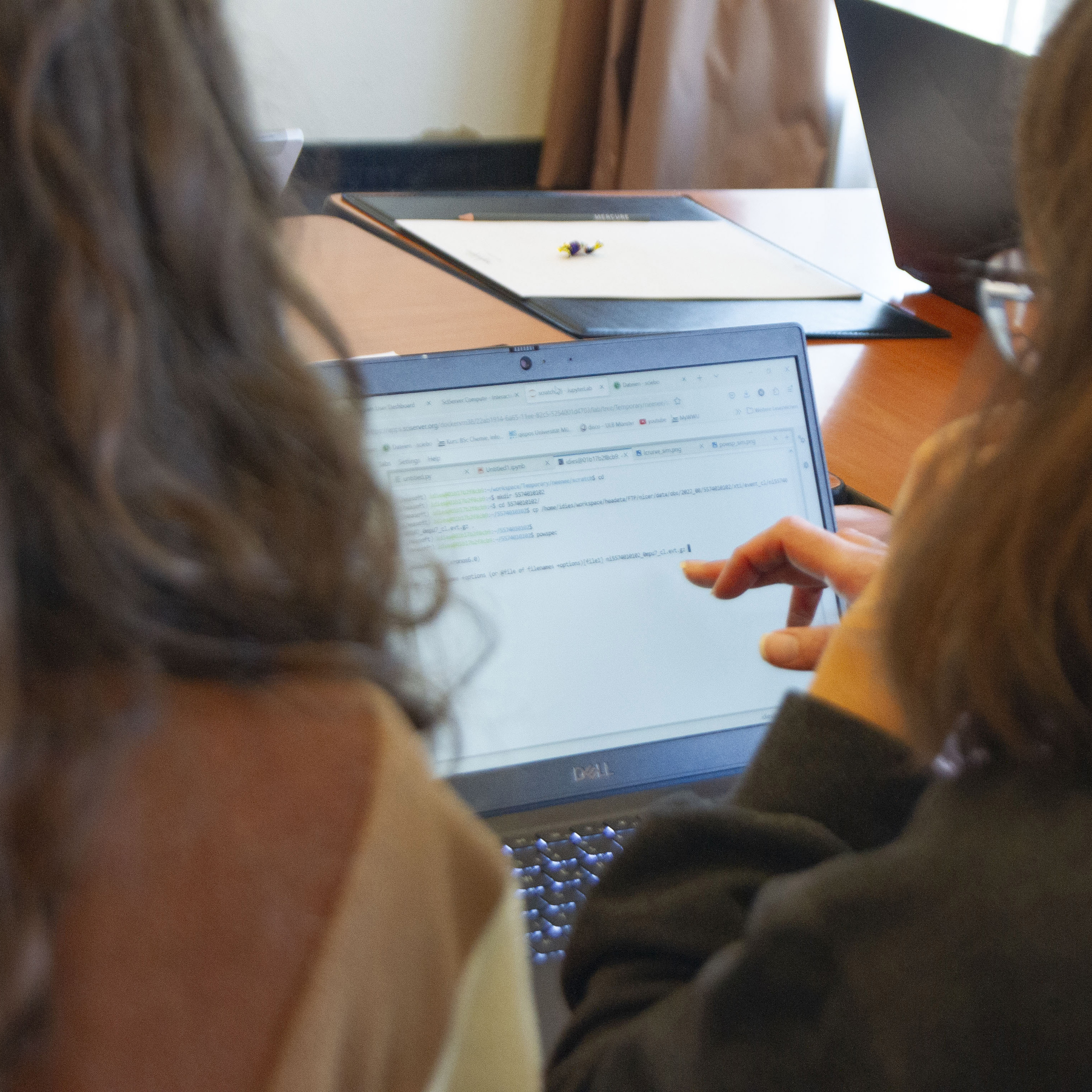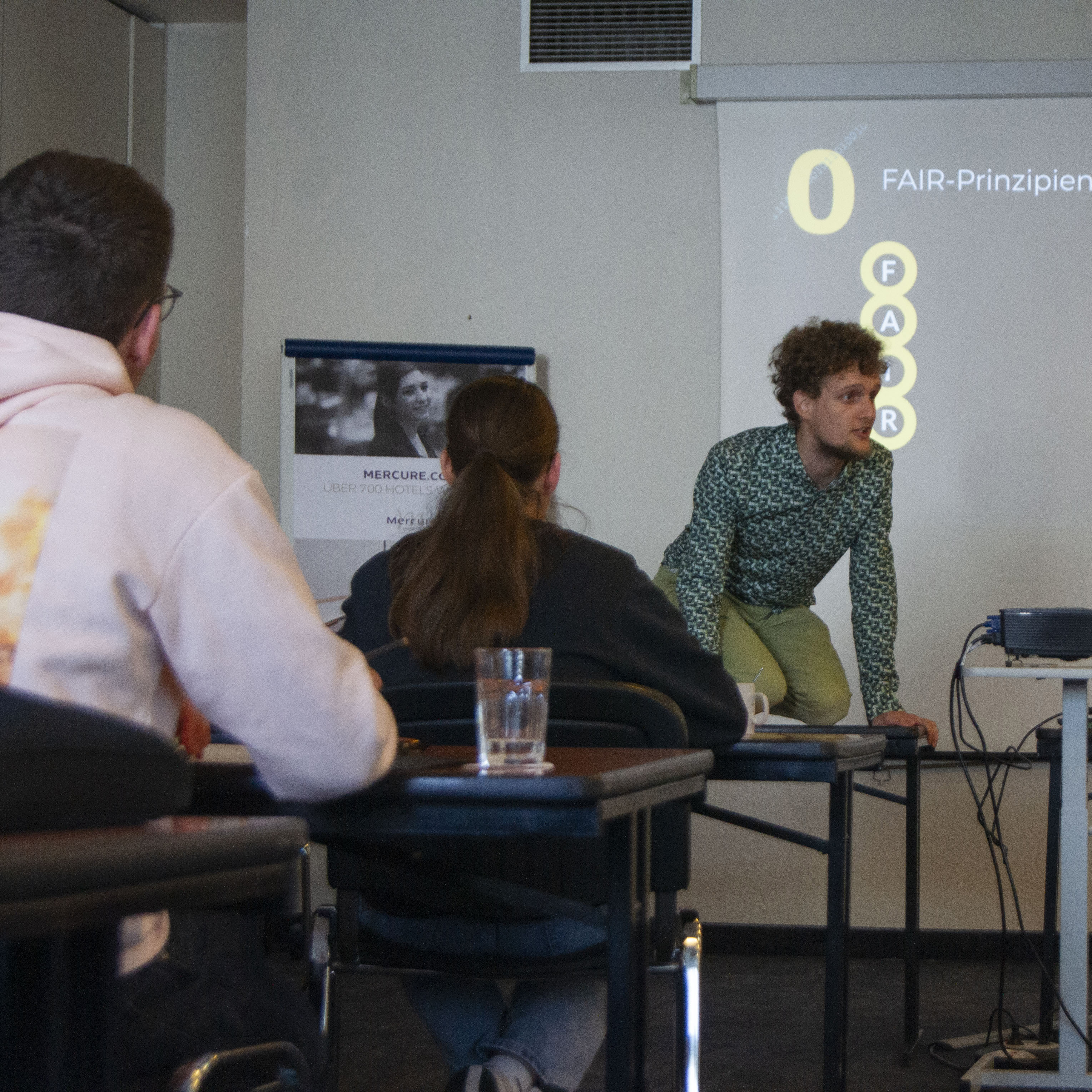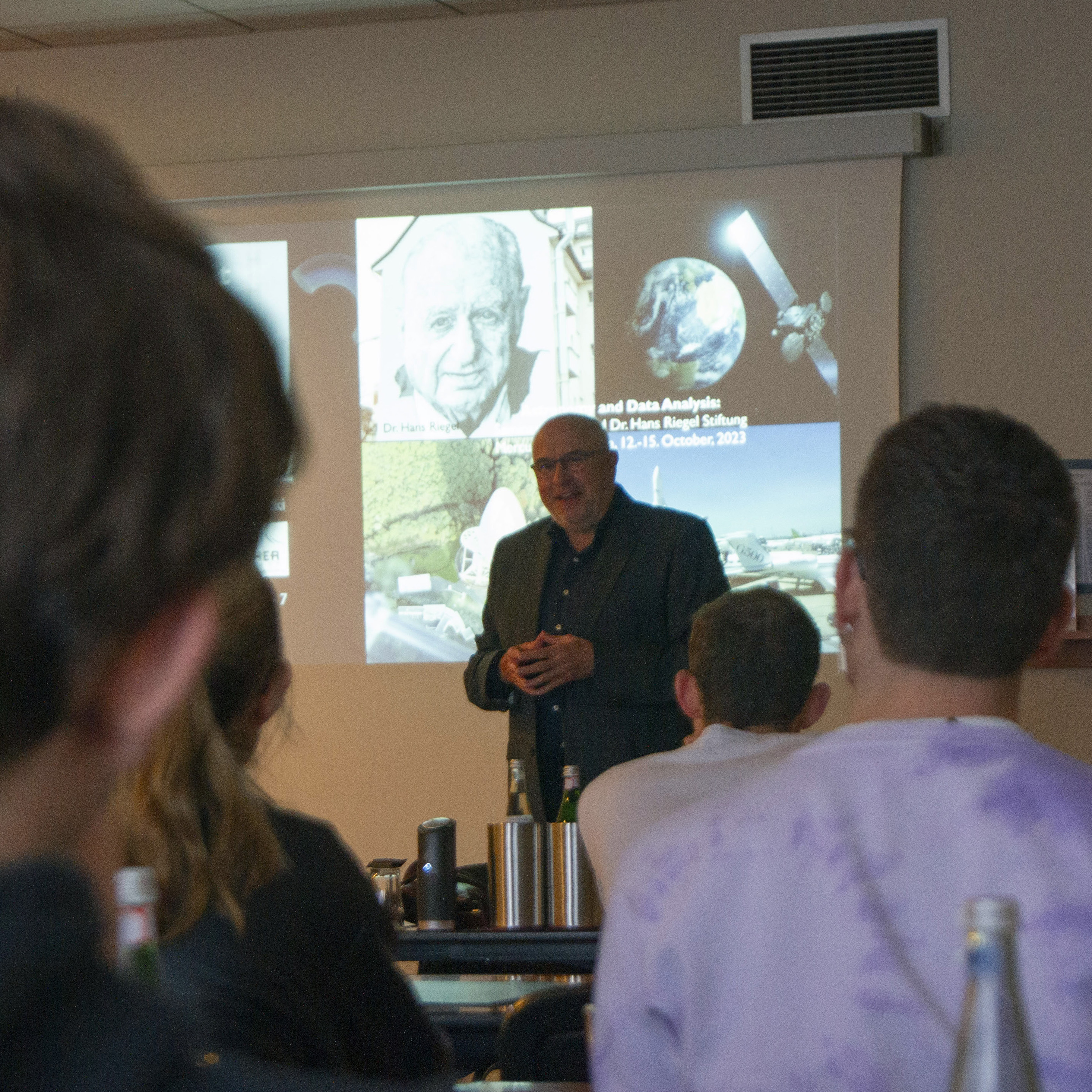Specialist Seminar in Bonn: „Astronomie und Datenauswertung“ for scholarship holders of the Hans-Riegel-Stiftung.
What do you associate with the name Hans Riegel? Well, if you don't know and google, the first thing you come up with is Haribo - written out it's Hans-Riegel-Bonn. But why are we talking about it now in radio astronomy?
In addition to the production of the sweets, Dr. Hans Riegel has established a foundation for the educational and vocational support of young people. In this context, we, the Max Planck Institute for Radio Astronomy (MPIfR), and the foundation came up with the idea of holding a joint event for scholarship holders in the STEM field. The seminar took place in Bonn from October 12 to 15.
The participants - 25 students from various STEM subjects - traveled from all over Germany and Austria. They all agreed on one thing right from the start of the seminar: radio astronomy is an exciting topic that is talked about far too rarely. And they now wanted to take advantage of the opportunity to learn more about this in Bonn.
Right on the first day, the highlight of our collaboration took place: The visit to the 100m radio telescope Effelsberg. Not only were all of them allowed to drive very close to the second largest fully steerable radio telescope on earth, but they also got a guided tour on site. Prof. Michael Kramer, one of our directors, opened the event and accompanied us to Effelsberg. After his interesting talk about radio astronomy, the participants took the chance to ask Mr. Kramer questions. Afterwards, teamwork was the order of the day: the students tested their knowledge in an astro quiz. The Dr. Hans Riegel Foundation, of course, provided the prizes.
During the four days, the scholarship holders were able to discuss various topics with speakers, such as career paths in science and research as well as in business or industry, science communication, big data, recent results in radio astronomy (for example, gravitational waves and European Pulsar Timing Array) and - as funny as it may sound - jellyfish in space. Of course, there was also plenty of time to try things out for yourself: At Bonn-Rhein-Sieg University of Applied Sciences, we visited the Institute for Visual Computing, where students were able to test VR (virtual reality) and AR (argumented reality) goggles for themselves. Researchers from the Big Bang to Big Data project also offered two workshops on pulsar data analysis (MPIfR) and short-time variability of X-ray sources (Jülich Supercomputing Centre). The fellows were also able to determine their own role in science communication and try out the different roles together with our colleague from the Argelander Institute for Astronomy (AifA).
We all really enjoyed these days! We have already received positive feedback and look forward to further collaboration!
